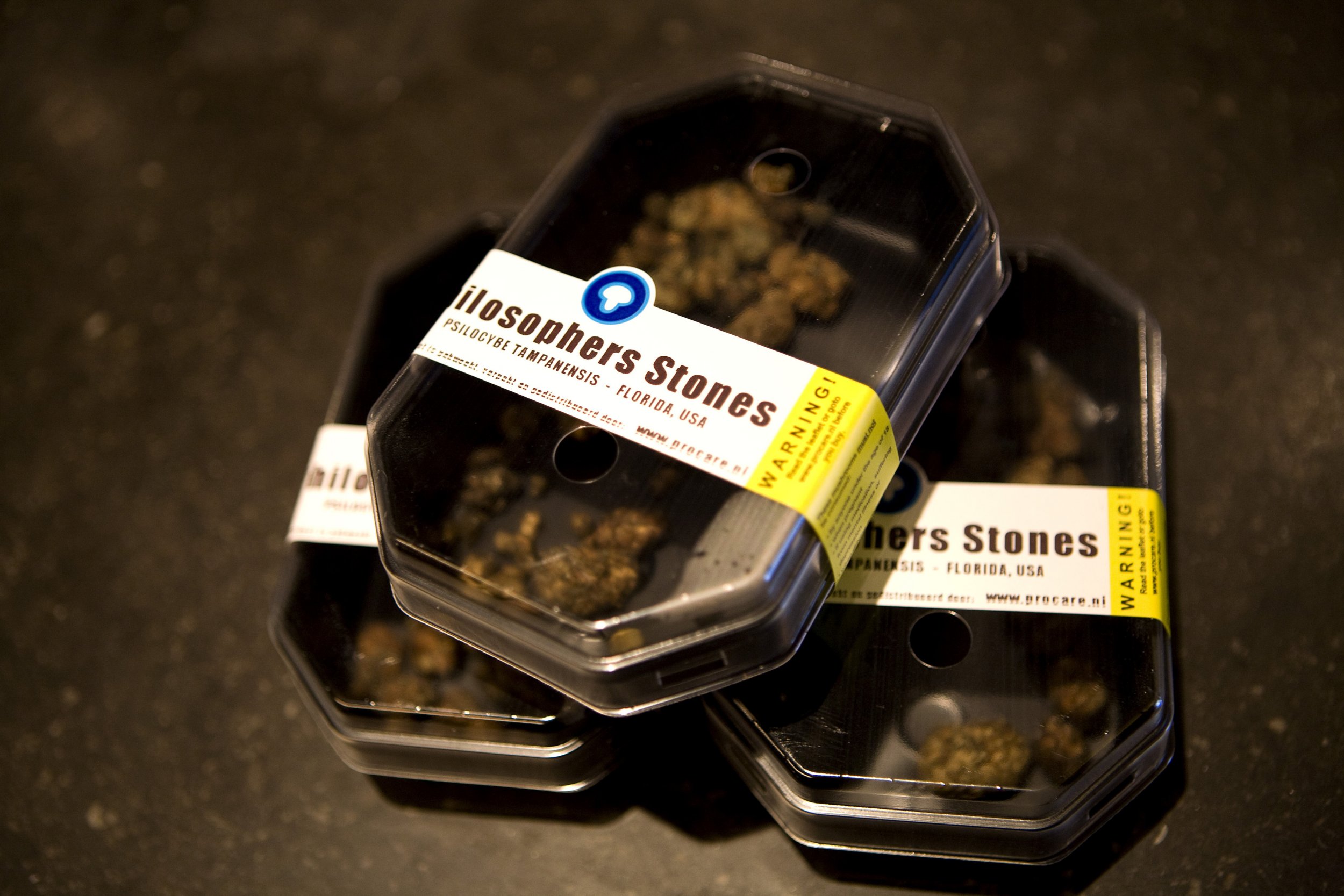
In the United States and Britain, psychedelics are considered Schedule 1 drugs, the most restrictive category, making them legally more prohibited than cocaine, opium and methamphetamine, among others. Substances in this grouping are considered to have "no currently accepted medical use and a high potential for abuse," according to the U.S. Drug Enforcement Agency. "Schedule 1 drugs are the most dangerous drugs of all the drug schedules with potentially severe psychological or physical dependence," the agency notes.
But a wealth of research, new and old, as well as common sense, shows that when it comes to many psychedelics, this statement is incorrect. Psychedelics like LSD and psilocybin, the active ingredient in "magic" mushrooms, do have potential in the treatment of a variety of ailments, are not harmful when used in controlled settings and pose little to no risk of dependence, says James Rucker, a researcher at King's College in London.
This Schedule 1 listing makes it "nearly impossible" to study these promising compounds, Rucker says. Despite the challenges, a few studies have been completed in the past decade that have shown LSD and psilocybin may be useful in treating anxiety, obsessive compulsive disorder, tobacco and alcohol addiction, and cluster headaches.
The legal status of these chemicals perpetuates a stigma against them, Rucker argues in a paper published this week in The BMJ. "This means that research funding bodies are uncomfortable funding the research that might challenge the prevailing stigma, and generate the evidence that will confirm or deny the theory that they could help people suffering from depression and anxiety problems and drug and alcohol dependence problems," he says.
In addition, legal impediments make researching these chemicals extremely expensive in the United Kingdom. Only four hospitals in the country have permits to research or prescribe Schedule 1 materials, and these licenses cost 50,000 pounds each (about $77,000).
The situation in the United States is similarly restrictive, though a handful of studies on psilocybin have been conducted, under careful scrutiny, in the last decade.
Uncommon Knowledge
Newsweek is committed to challenging conventional wisdom and finding connections in the search for common ground.
Newsweek is committed to challenging conventional wisdom and finding connections in the search for common ground.
About the writer
Douglas Main is a journalist who lives in New York City and whose writing has appeared in the New York ... Read more
To read how Newsweek uses AI as a newsroom tool, Click here.








